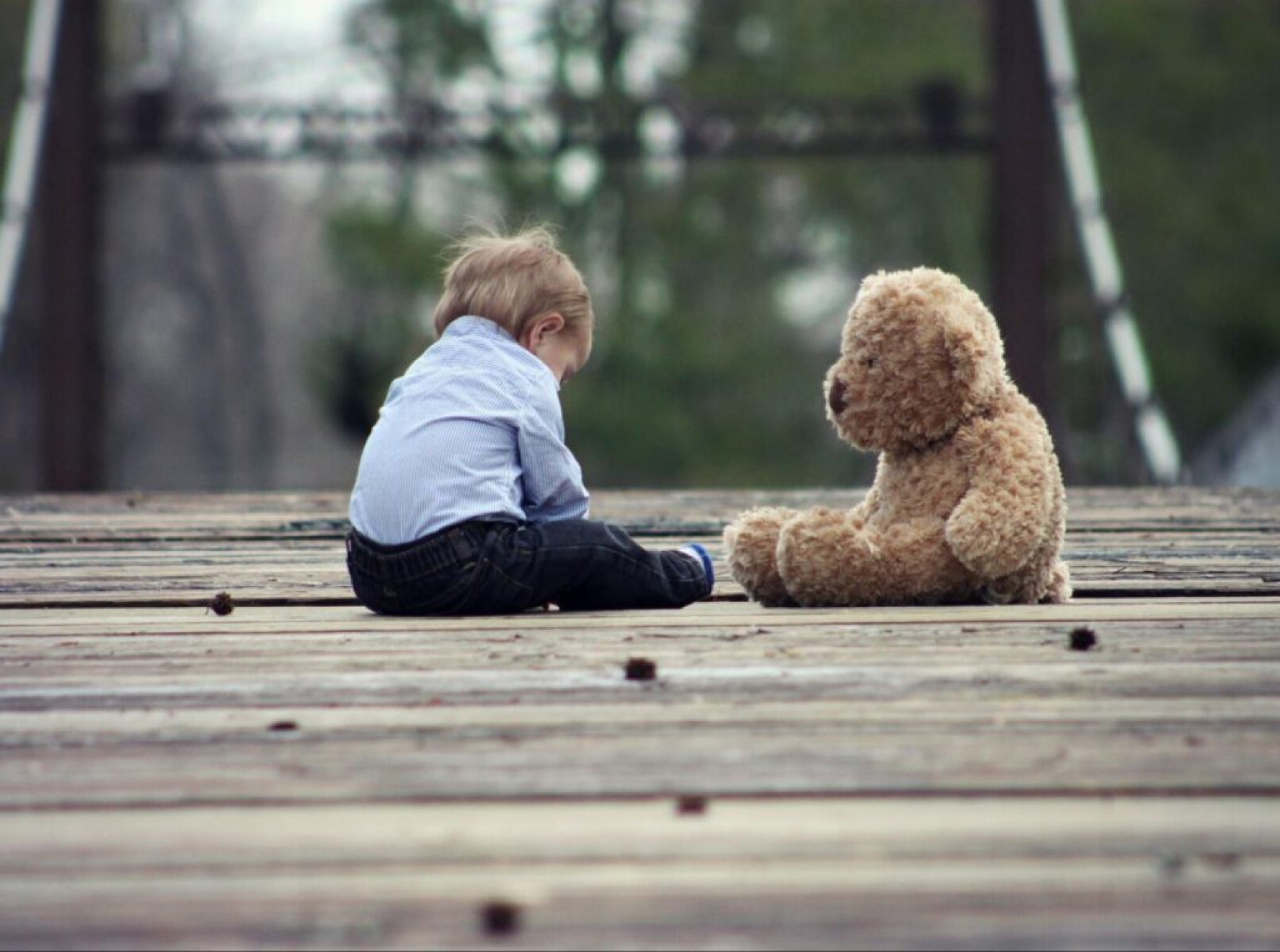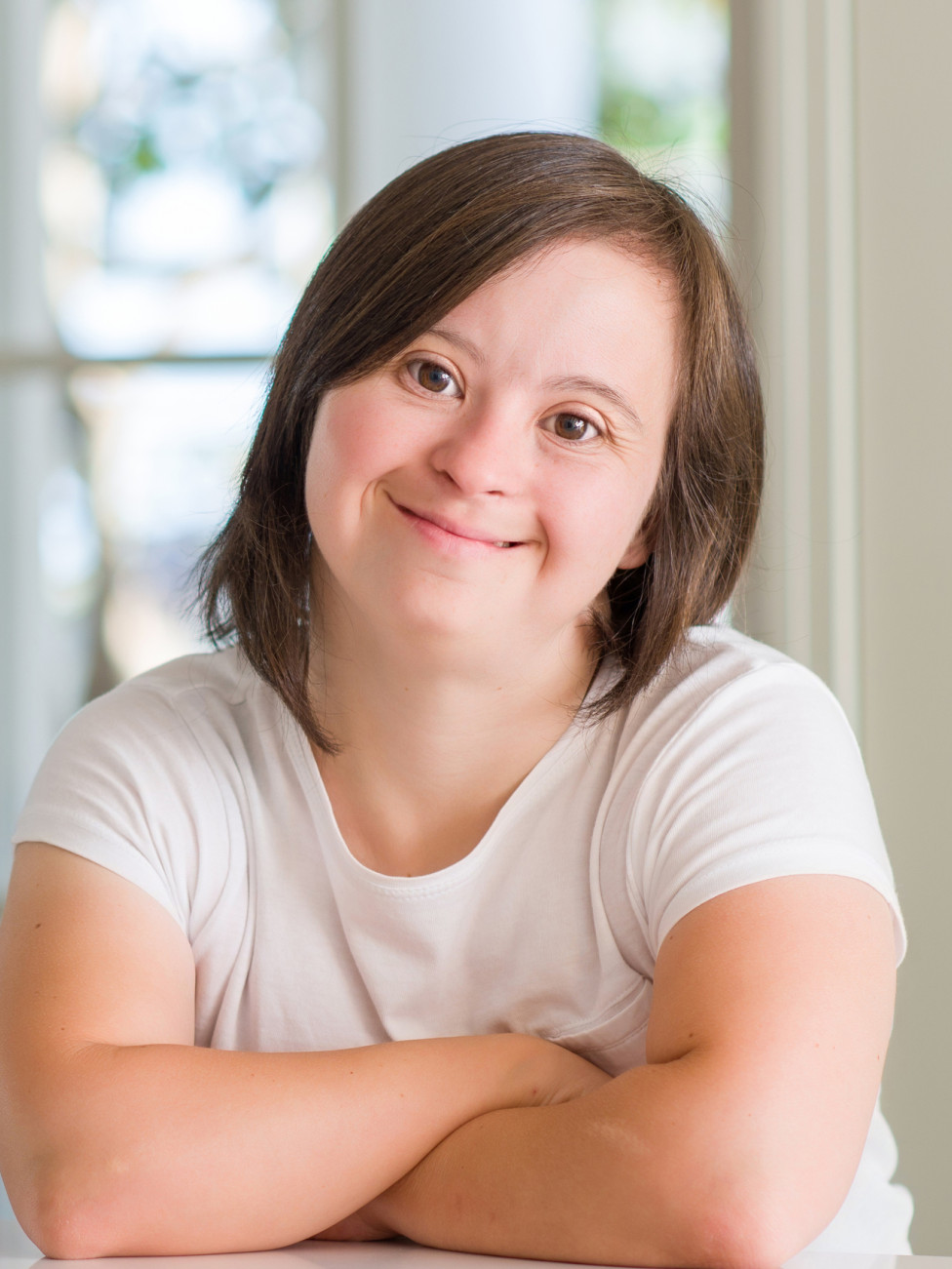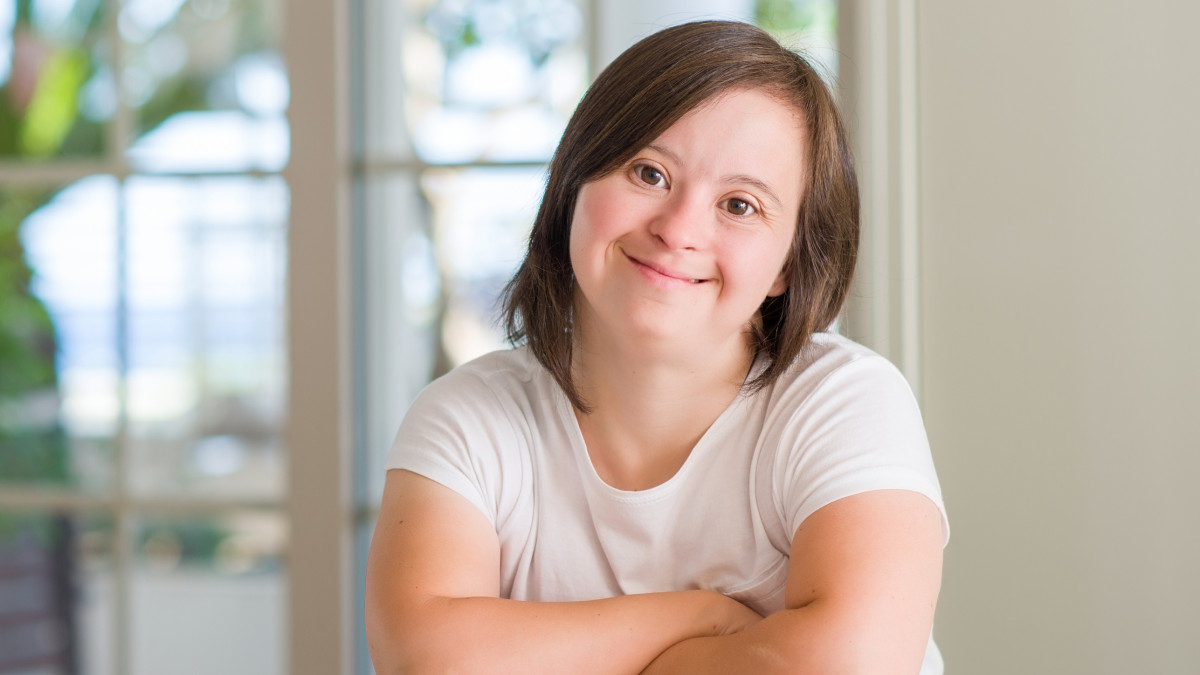Signs of Autism at Every Life Stage
23 October, 2020
Autism looks different for each person diagnosed. So it's no wonder that we sometimes question whether a child, sibling, friend or partner might have it. This article lists the signs of autism you can look out for at every life stage.

Obtaining a diagnosis of autism spectrum disorder can help manage the symptoms and support learning and development. With treatment and support, a child with autism can grow up to live an incredibly happy and fulfilling life.
Only a medical professional can officially diagnose Autism Spectrum Disorder, more commonly known as autism. However, the signs are often visible to family and friends (or even the person with autism personally) before this happens.
No two people with autism will be exactly the same, but there are some general autistic symptoms that you can look out for at different stages in life. Remember, obtaining a diagnosis isn’t supposed to feel restricting or scary - it simply offers the possibility of receiving the right support that can help you or your loved one to live their best life.
What is autism spectrum disorder?
Autism Spectrum Disorder (ASD) is a developmental disorder (or a developmental disability). It impacts the nervous system and presents itself by affecting a person's ability to communicate and interact. Its not considered a mental illness.
The autism spectrum is exactly that - a spectrum - which means that it presents differently depending on the individual.
What does it mean to be on the spectrum?
Each person with autism has a specific set of behavioural and developmental challenges. It’s likely that their social communication and play skills are affected, but the spectrum means that this varies in everyone.
Experts use different names to describe many of the different kinds of autism. These can include:
Pervasive developmental disorder (PDD)
Pervasive developmental disorder-not otherwise specified (PDD-NOS)
Asperger syndrome
High functioning autism
What are the symptoms of autism?
The signs and symptoms vary a lot in different people. However, the main symptoms include:
Difficulty with social skills and social interactions
Difficulty with communication skills
Repetitive behaviours
Sensory issues
Obsessive interests
Behavioural challenges

What are the early signs of autism in babies and toddlers?
Spotting the signs of autism in a young child is challenging because their behaviours can also simply point to shyness or a completely normal delay in learning some behaviours. That said, early diagnosis of autism can be better for the child's development. Of course, only a doctor can diagnose this, and there is likely no need to worry as children develop at different rates.
After 12 months
If after 12 months of age, your baby has not reached certain developmental milestones that other children have, this may point to the early signs of autism. On the other hand, these signs might simply indicate a slight delay in learning these skills, so it is important to get a professional diagnosis. Be on the lookout to see whether your child struggles with any of the following:
Paying attention
Smiling or laughing
Verbal communication
Responding to loud sounds
Showing affection
Crawling
Waving
Up to 24 months
There are developmental differences in all children, and there is usually absolutely no cause for concern. However, if your toddler is struggling with any of the below symptoms at 24 months, you may wish to consider seeking professional advice. At the very least, they can help identify any other issues which may be going on
Speaking
Walking by 18 months
Understanding the function of items like a phone by 15 months
Up to 36 months
If by 3 years old, your child shows the following common signs of Autism Spectrum Disorder, it would be worth seeking professional advice:
Limited speech
Difficulty following basic instructions
A lack of interest in other children
Separation anxiety about leaving primary caregiver
Inability to use small objects or toys
Little interest in imaginative play or pretend play
Frequent falls or lack of balance

What are the typical signs of autism in preschoolers?
Sometimes, it simply isn’t obvious that a child may be autistic until they reach preschool - or even later in life. This is because of the nature of the spectrum. In some children, it’s hard to notice the developmental gap at first, because it’s very natural for some children to fall a bit behind. We are all different, after all!
The signs found in babies and toddlers are often still very relevant, but there are others which you may notice when the child doesn’t behave in the way others do. This is not necessarily a cause for concern, just something to be aware of.
See if the following signs of autism seem familiar to you:
The child doesn’t share experiences with others
They may not be able to hold eye contact
Speech might be delayed
Speech patterns might be unusual
They may interact unusually to other children
The child may avoid social situations
The child may not be able to play well with others
They may either cry a lot or not at all
Some children may have repetitive body movements
Some autistic children take obsessive interests in things
The child may have poor eating or sleeping habits
The child may struggle with toileting
Certain noises or crowds may distress the child

What are the possible signs of a school-aged child with autism?
When a child reaches school age, this is actually a really common time for them to be diagnosed with autism. A teacher is likely to notice a child that is having trouble keeping up with their peers, or displaying certain behavioural characteristics that set them apart.
This doesn’t mean your child is worse off than the other kids in class. Nor does it even mean that they are on the autism spectrum - they may simply respond better to alternative learning methods. In the case of a diagnosis, proper support at an early age can help your child to reach their full potential.
In addition to signs apparent in early childhood, such as lack of eye contact, there are many other signs which may be more pronounced in this age group.
Signs that you may notice in a school-aged child include:
Not turn taking or dominating in conversation
Struggling to interpret non-verbal communication
Not reading social cues that come naturally to others
A monotonous tone of voice or other unusual speech
Being alone often
Rigidly following specific routines and rules
Becoming upset with change
Taking things extremely literally
Experiencing sensory issues
Being overwhelmed
Seeming obsessed with just one or two things
Unusual movements, facial expressions or tics
Anxiety
Occasional aggression
Having few friends
Repetitive patterns

How can you identify autism spectrum disorder in adults?
It may seem unbelievable that people can reach adulthood without a proper diagnosis of autism. However, as we’ve seen by now, autism is a spectrum and so it can often go unnoticed.
In recent years, many adults who have always suspected they were in some way not neurotypical are pursuing a diagnosis. They may have struggled with fitting in, with relationships and in social settings.
Seeking an adult diagnosis
If you think that you may be autistic, it is up to you whether you speak with a doctor - this is a personal choice. However, it can be a really positive experience, which can help you achieve even more in your life than you already have.
It can be reassuring to finally have an explanation for differences you’ve experienced throughout your life. You may find answers for questions which have long gone unaddressed. It can be a relief to understand your abilities and challenges in context, and even meet others who understand what you're going through and you can foster new friendships.
Please note that a diagnosis may have a few minor drawbacks in addition to the many benefits. For example, you will have to let your travel insurance know of your pre-existing condition when going away on holiday.
I've spotted some of the signs of autism. What should I do?
If you suspect you may have autism or are concerned for someone you love, the best thing to do is visit a psychiatrist or psychologist with expertise in autism in order to be assessed.
If you’re concerned about an adult other than yourself, you should approach this with sensitivity. Make a judgement call about whether it is appropriate or necessary to raise this. If you feel as though it will positively impact the person to have a diagnosis, explain your concerns gently and encourage them to see their doctor. Remind them that you are just trying to help, and that having autism is completely manageable in many instances and doesn’t have to affect their life.
What kind of support is available to people with autism?
In addition to medical support, there is a lot of help available to people with autism. As a registered NDIS provider, we offer a range of services to support people with autism to live happy, independent and fulfilling lives.
Many of our clients on the autism spectrum - both children and adults - benefit from our social support services. Your loved one's Focus Support Worker can take them on outings and participate in the activities they love.
Our popular suite of creative therapies can also help to promote mental and emotional growth for people with autism. Art therapy, for instance, aims to build life skills, address problem behaviours and encourage self-expression.
Talk to us today about how we can help you and the services we can provide through the NDIS.




